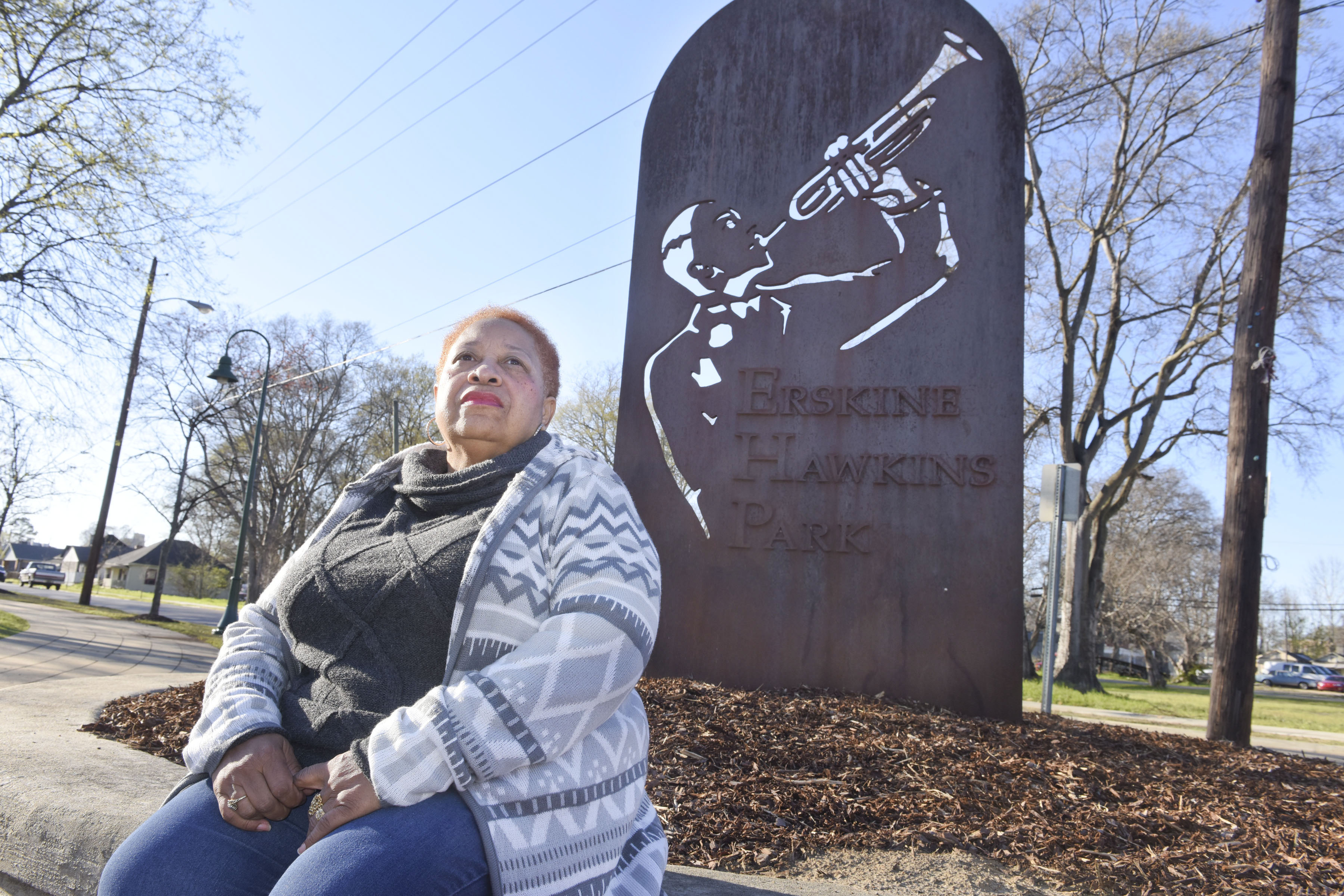By Monique Jones
The Birmingham Times
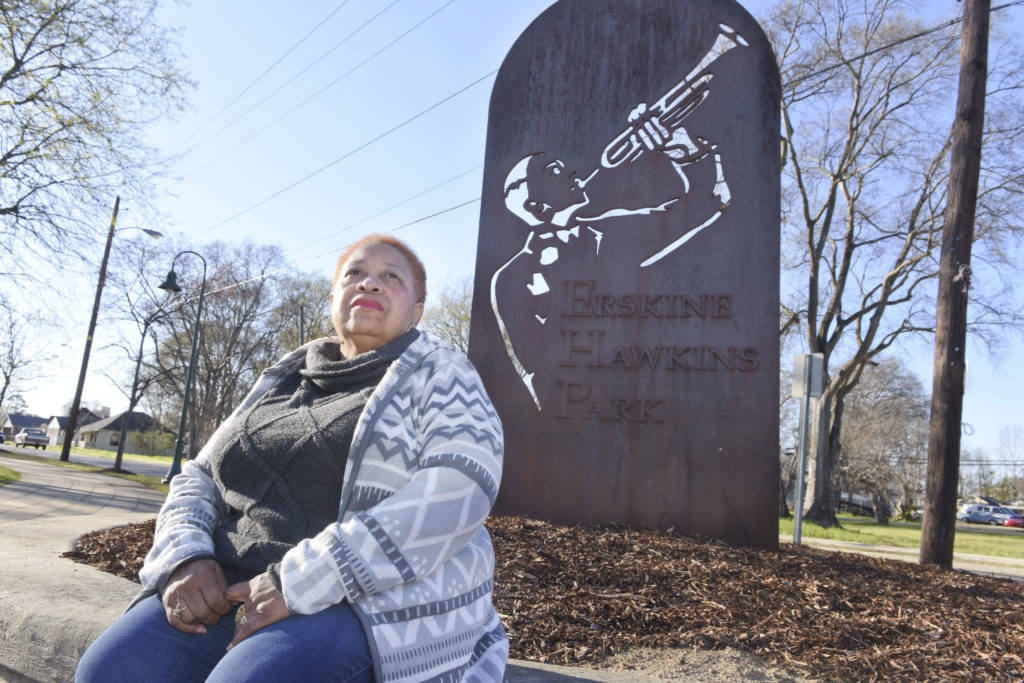
Like everyone else in Birmingham, the men and women who serve as presidents of the city’s 99 neighborhood associations are fed up with the recent spike in crime. In some areas, they say, residents won’t even sit outside for fear of being shot.
“Everybody’s just nervous,” said Willa M. Cole, president of the Harriman Park Neighborhood Association in North Birmingham. “Seniors are nervous. They’re scared. They don’t want to come out to sit on their porches and enjoy the warm weather.”
Her neighbors worry that if they sit outside, they might get caught in the crossfire of an argument that escalates into a shoot-out, Cole said.
Over a two-month period, the Birmingham Times interviewed Cole and nearly a dozen other neighborhood association presidents to talk about the escalating violence in Birmingham.
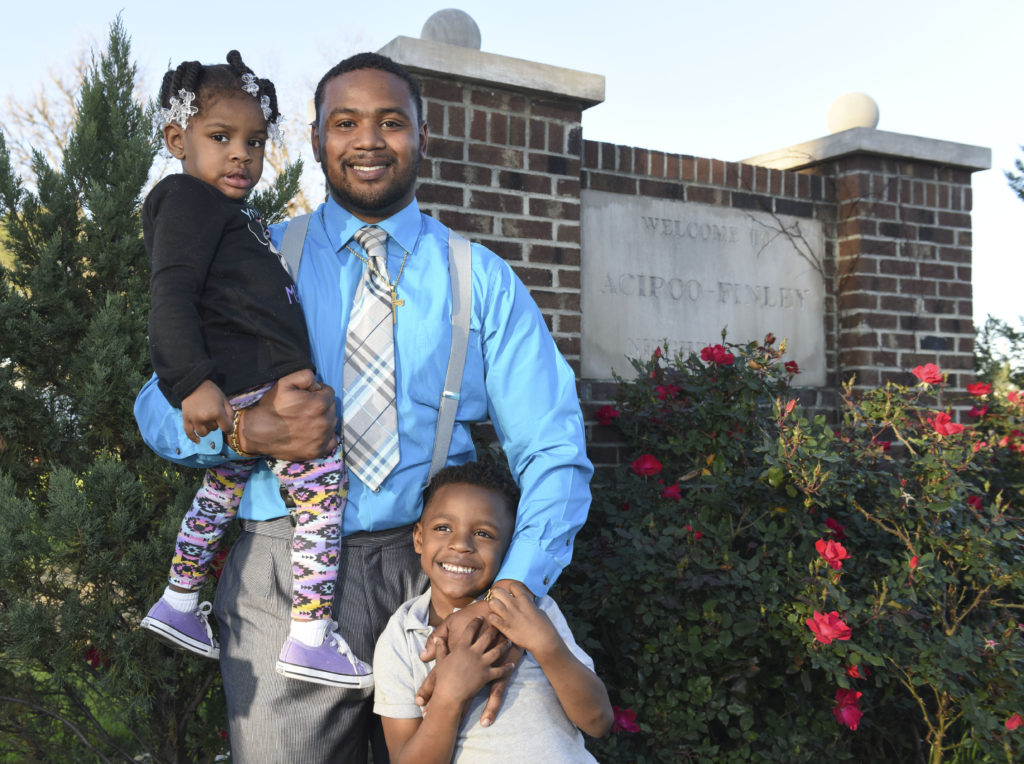
Homicides in the city have increased 80 percent since 2014. The city is on pace to reach triple digits in homicides for the first time since 2006. And several widely-reported murders of young black males have raised concern among elected officials, law enforcement, and community leaders.
Vivian Stark, president of the Collegeville Neighborhood Association in North Birmingham, said, “Everybody’s wondering the same thing: ‘Where are all these guns coming from?’ I live in a neighborhood that has older people. We don’t have guns, and we want to know where they’re coming from.”
Debra Mays, president of the West End Manor Neighborhood Association, said, “Most of our residents … are elderly. … They just try to not come out at night or to not open the door during the day unless it’s someone they know or a family member.”
Evanne Gibson, president of Germania Park in West Birmingham, said, “They also won’t tell anybody [about crime] … for fear of retaliation.
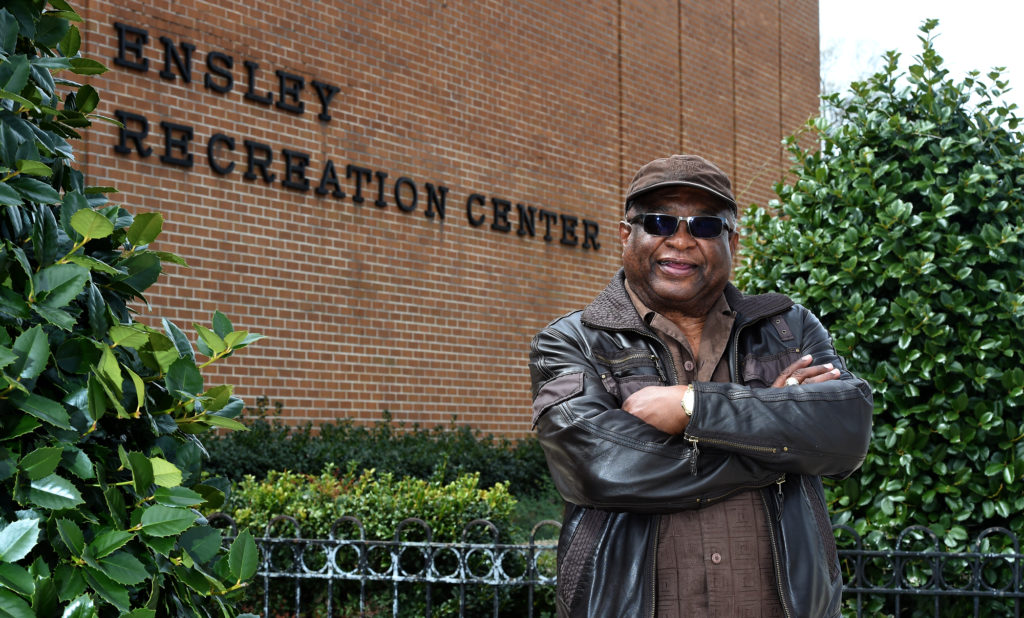
Lack of Respect
Neighborhood leaders say they also see a growing lack of respect that some young people have toward not only each other but also their elders.
Cole gave an example of what happened when she was confronted by a young man: “[He] said … ‘What the hell you looking at, lady?’” I said, ‘Nothing really. I’m sorry. And if I offended you, I apologize.’ He said, ‘Nah, I asked you what you looking at?’ So, I turned and walked away because he had already elevated his voice, and that was an argument getting ready to happen. Just because I look at you, that’s a reason to want to hurt me?”
George McCall, president of the Ensley Neighborhood Association, said, “Really, we are alarmed by the number of young people shooting and killing one another. Kids at that age, 17 and 18 [years old], really should be learning instead of getting involved with gangs. … It’s all about going to school, learning a trade, or going to college.”
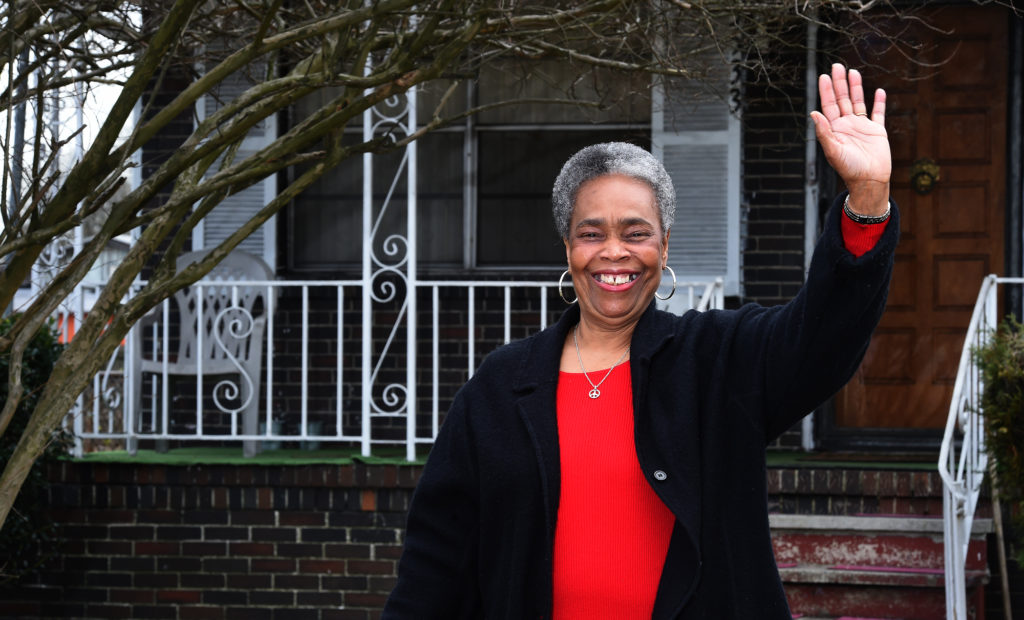
The Right Training
Neighborhood leaders get a perspective that few notice.
“The person next door used to know [the children of the neighborhood] and would talk to those children because they knew the parents,” Cole said. “But [now] you can live next door to a person and [not] even know who they are because they don’t speak to you.”
Lack of supervision may be behind some of the problems, Stark said.
“Most moms are single moms,” she said. “They have to go to work, and they don’t make enough money for a babysitter or after-school [care]. So, kids are left alone and looking at TV.
“TV has a lot to do with raising kids because they will imitate … everything on TV. Children will imitate stuff, true enough. But if they are raised in the right way, they will go only so far and then they will stop. If they don’t have the right [training], they don’t know how far to go. They’ll just do what they want to do.”
McCall said, “The rearing of our kids is very important. … There’s a lot of children raising children, and they’re not getting proper [training] at home. If the parents would take time to train their kids … teach them [that] violence is not a part of living … and how to share and work with one another as kids, then all this would not be happening.”
Marine Coleman, president of the Tuxedo Neighborhood Association in West Birmingham, said, “Children [are] raising themselves. They don’t have respect [because] they haven’t been taught. [Also], guns are too easy to get, and they’re just doing whatever they think they can do.”
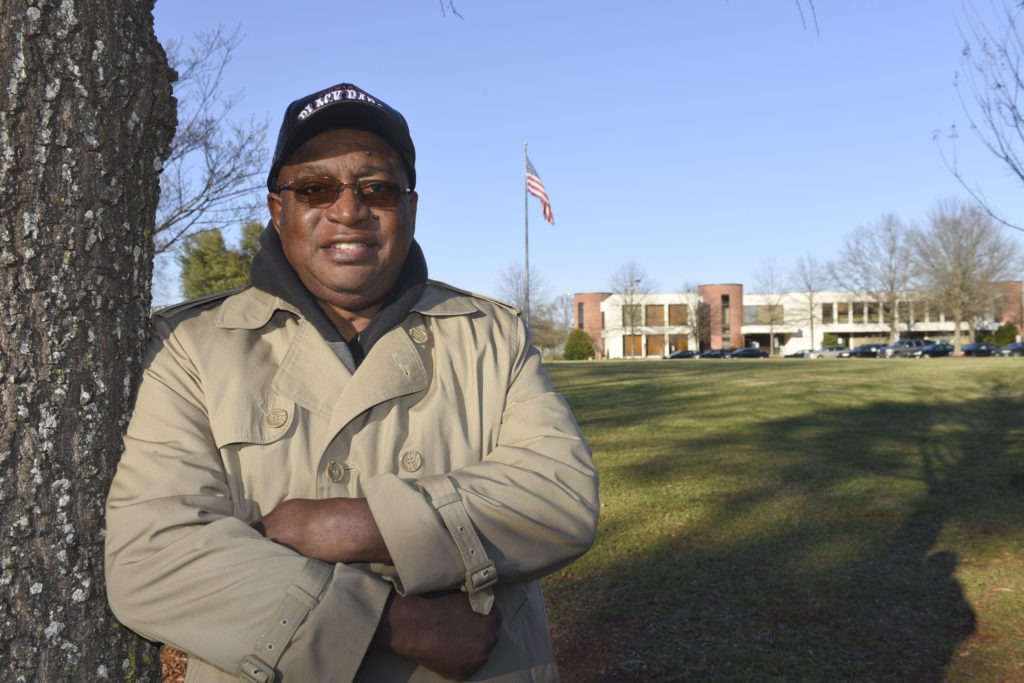
No Remorse
Though the antiviolence message is out there, many neighborhood leaders believe young people are not receptive to it for several reasons, including the breakdown of the family structure.
“You can … look at fathers making babies, not taking care of them, and not marrying the mother,” said John Wilson Jr., president of Grasselli Heights in Southwest Birmingham. “Few fathers take care of their children. … That’s the way it’s been for a long time.”
Community leaders have tried different ways to reach young people, such as antiviolence programs, oftentimes to no avail.
Wilson said, “Young folks don’t listen to too much of [anything] today. That’s one of the problems.”
Starks said, “It’s hard to say whatever about kids nowadays. They do not have the same mentality that kids a generation ago had. Life [doesn’t] matter to them. They walk around here saying Black Lives Matter, [but] they don’t even know the meaning of it. It’s just some words coming out of their mouths.”
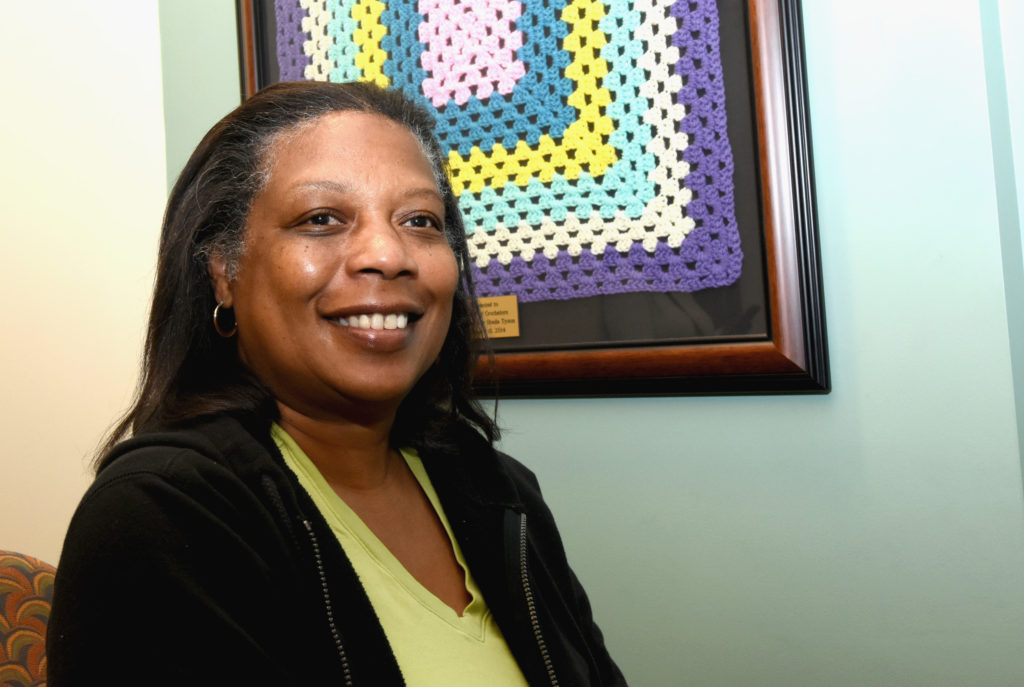
McCall said, “All around we hear, ‘Stop the Violence,’ and how kids should react toward one another. But, actually, kids aren’t paying attention to that. … If you really don’t have a close relationship with your child at home, he’s going to get out in the street and find somebody to [form] a close relationship with, and that may not be the right person.”
André Brown, president of Fountain Heights in North Birmingham, said the antiviolence message is not being heard by those who need to hear it most.
“The message is out there, [but] … the younger generation has no remorse,” he said. “… They see the message each and every day, … but they just don’t care. It seems like they hear it, and they don’t hear it.”
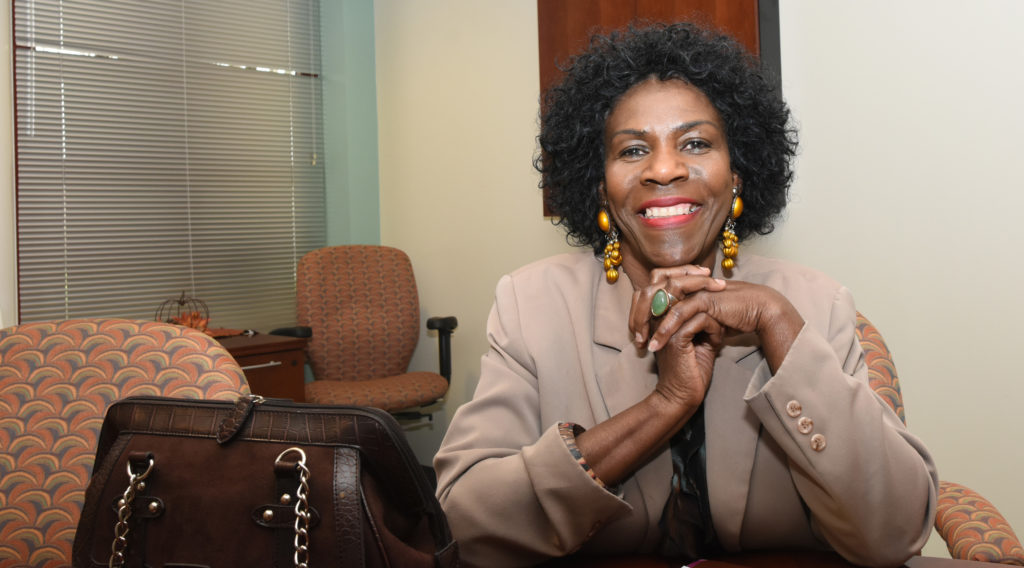
Hopelessness
Part of the problem for young people may be the lack of opportunity for many, say the leaders.
“Hopelessness. There’s so much of that in our community,” said Gibson.
Both Germania Park’s Gibson and West End Manor’s Mays believe anger plays a large part in the rise in violence.
“I work with a lot of young men, … and [I’ve seen that] some people are just out of control,” said Gibson, who mentors young men who are part of a youth group at her church.
She recalled a young man who told her he didn’t want to die: “‘All my friends are dying around me,’ he said. ‘I don’t want to die.’”
Kevin Powe, president of the Acipco-Finley community in North Birmingham, said he’d like the mayor and city council to set a better example for young people.
“We can have ‘Stop the Violence’ rallies all day, but I don’t think that’s going to send the message that we really have to come together to implement programs, and we really have to come together and brainstorm as a community,” said Powe. “We’re fighting at City Hall … we’re fighting here, we’re fighting there, and yet nobody’s really addressing the problem. … They’re too busy fighting, and yet everybody says they want the crime to go down.”
ABOUT THE PROJECTThe Birmingham Times conducted nearly three dozen interviews over the past two months with some seldom heard voices on the increasing number of homicides taking lives of young adults. Reporters and photographers interviewed funeral home directors, neighborhood presidents, parents who have lost loved ones, an anti-violence counselor who served 20 years in jail for murder, law enforcement officials and lawyers, who get a perspective of the accused in court. Homicides in the city have increased 80 percent over the past three years and is on pace to reach triple digits this year for the first time since 2006, according to official statistics from the Birmingham Police Department. Part One can be found by clicking here. Part Two of the series appears today, Thursday, March 23, in print and online, and contains interviews with neighborhood association presidents and lawyers who get an up close perspective on the increase in violence. They also offer solutions. All stories online will be accompanied by #LivesLostBham |

